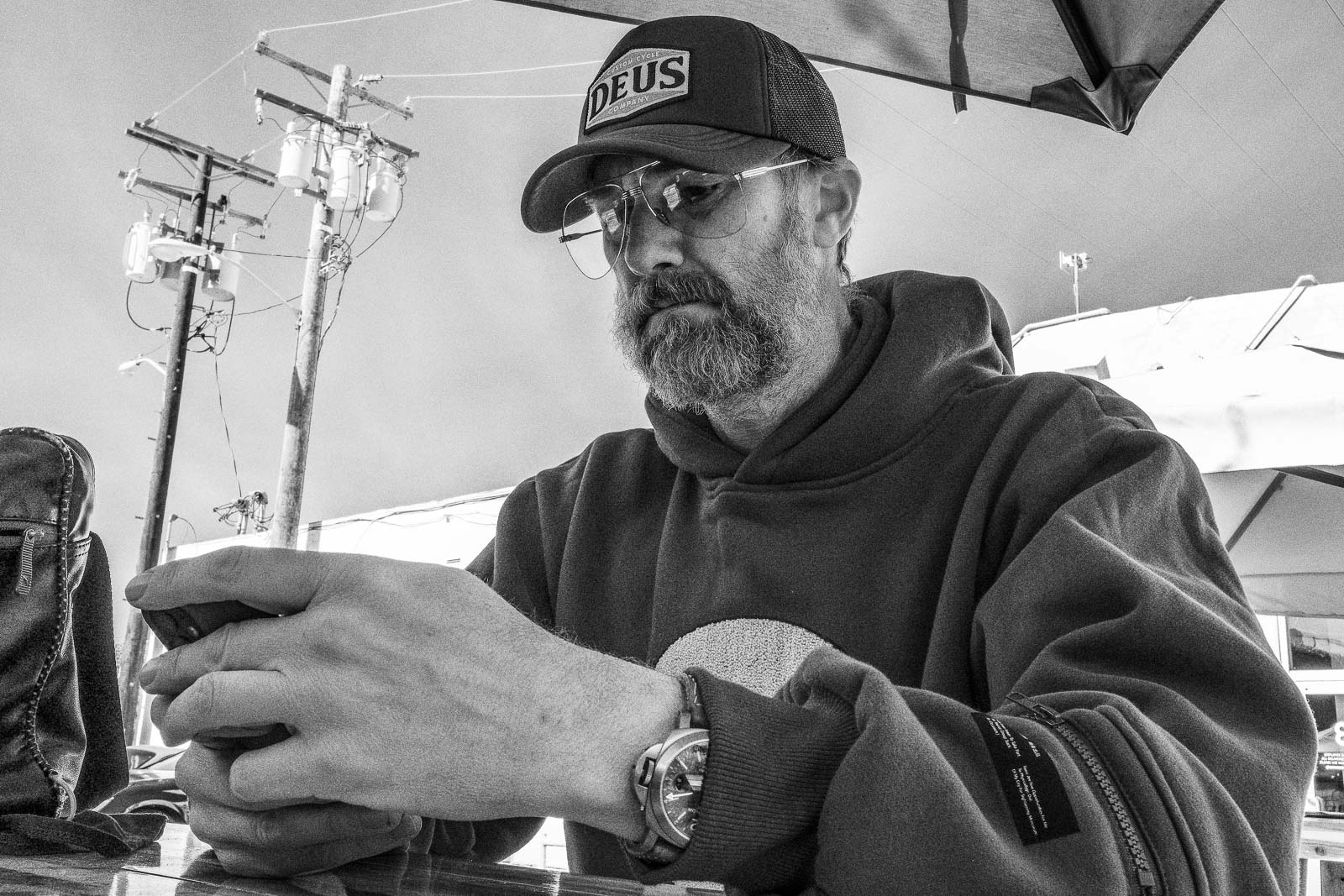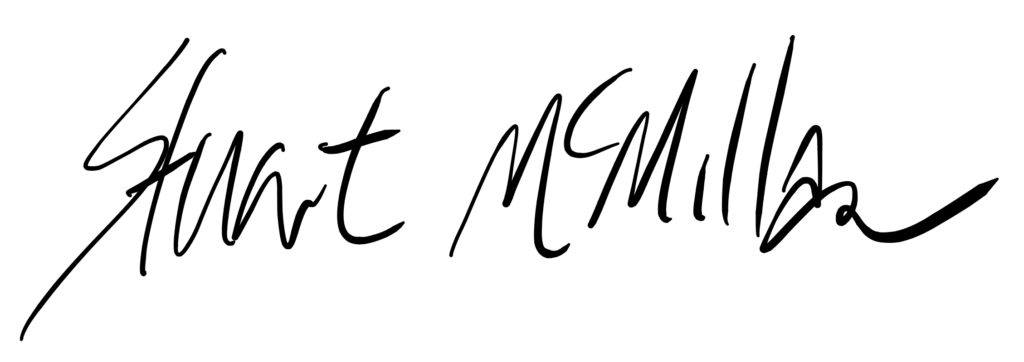As coaches, we are faced with multiple questions every day, and having a framework to guide us in answering these questions is essential.
It is an obvious statement – but one that is surprisingly often overlooked.
Rather than writing programs based upon educated personal beliefs (or a ‘training philosophy’), many of us mindlessly prescribe what was given to us when we competed – turn to the latest internet article for ‘inspiration’, or blindly copy what other coaches do.
But what is a training philosophy?
In broad terms – philosophy is an activity we undertake when we seek to understand fundamental truths — it gives us the ability to ask the most-relevant questions.
Philosophy asks the question.
Science helps provide the answer.
In this way — Philosophy is our theory. Science is our experiment.
Science is the coaches’ attempt to answer a philosophical question by forming a hypothesis (the Program), then running a trial & error experiment (the training) – the results of which form the conclusion – furthering our philosophical understanding – and leading to further questions (and therefore, further experiments).
Before we go too far, let me just define what i mean by a training philosophy.
There are three ways we can think about philosophy as it applies to us as coaches:
Firstly, a ‘Training Philosophy’ is why you do the things you do during your program — it is “I do X because of Y”. It is not statements like “I believe that athletes should have fun”; that might be important to you, but it does not answer why you might have an athlete do two acceleration sessions per week, for each example.
Secondly, “I believe that athletes should have fun” is an example of a ‘Coaching Philosophy’, which – when we zoom out a little – speaks to your values, your beliefs, your attitudes as a coach, — what you expect from the athletes and teams you works with, the culture you want to create, etc.
The third way to think about philosophy – if we zoom out a little further – is your ‘Personal Philosophy’ — which defines who you are, and what you stand for — in a word, it is your identity. A personal philosophy provides us with a set of guiding principles through which we live our lives.
So – A TRAINING PHILOSOPHY, which is what we are talking about here is not WHY you coach – but WHY you do the things you do during your program.
But how do we figure this out?
Often – we struggle with what to do — never mind WHY we do it!!
Figuring this out is really challenging – especially for young coaches, who might now have enough information and understanding yet.
I mean a young coach simply doesn’t know what she doesn’t know yet … so what do you do when you don’t know much??
One heuristic I applied to my own coaching journey is “if I don’t know WHY something is working, then I will try to find out WHY it is working WHILE I am getting the benefits of it working.”

“If I don’t know WHY something is working, then I will try to find out WHY it is working WHILE I am getting the benefits of it working.”
Prior to this – I had the idea that I had to be able to justify everything in my program. Otherwise, it shouldn’t be there.
But this is too high a bar — for ANY coach. Especially a young coach.
We kinda learn our personal philosophy as we are living it, right? We begin with a set of priors — those things that were-are important to our parents, and then we go about our lives, and figure out whether these priors are important to us as well, and if they are not – why not.
We also figure out what else is important to us.
It’s the same with coaching — we start with a set of guiding assumptions – maybe what our old coach did with us – or what a mentor coach does, and then we just … start coaching — and, if we are paying attention, we work to figure out whether these assumptions are meaningful to us – or whether we need to do something else.
We kinda figure out our coaching philosophy while we are coaching.
“The process may seem strange and yet it is very true. I did not so much gain the knowledge of things by the words, as words by the experience I had of things.”
Greek philosopher, Plutarch
HOMEWORK
So I want to leave you with some homework:
What is your training philosophy? (please remember the difference between training philosophy and coaching philosophy; a training philosophy should tell folks WHY you do the things you do.)
One thing I really like to do is to try to distill my training philosophy into a single sentence — what I call an ‘elevator philosophy’:
“I do ____ because of ____”
Once we have done this — every time we sit down to write a program, we can ask:
“does what I am writing align with my philosophy?”
And if it does not, “do I need to readdress my philosophy?
Or re-think my programming?”
Thanks for reading. Look out for more on training philosophy coming soon – including a brand new webinar.

PS: Whenever you’re ready, here are 4 more ways we can help you:
1. Learn the single-most important thing to successful hurdling, and how you can use this knowledge to carve 1/10ths of your hurdlers’ times — taught to you by the coach of the 100m hurdles world record holder, for FREE —> Click Here
2. Learn how to coach on game-day. In his newest FREE eBook, Coach Dan Pfaff teaches you how to squeeze every inch out of your pole vaulters’ performances on competition day —> Click Here
3. Learn from the world’s biggest and best coaching network how you can ‘connect the dots’ — piecing together all the best sport performance information into a cohesive, kick-ass training philosophy! Sign up for a FREE 14 day trial to ALTIS Connect —> Click Here
4. Learn how to improve your thinking, and better understand the ‘big picture’, and how this can impact your coaching and the performance of the players you are working with. Download this FREE eBook on ‘systems thinking’. Click here—>

